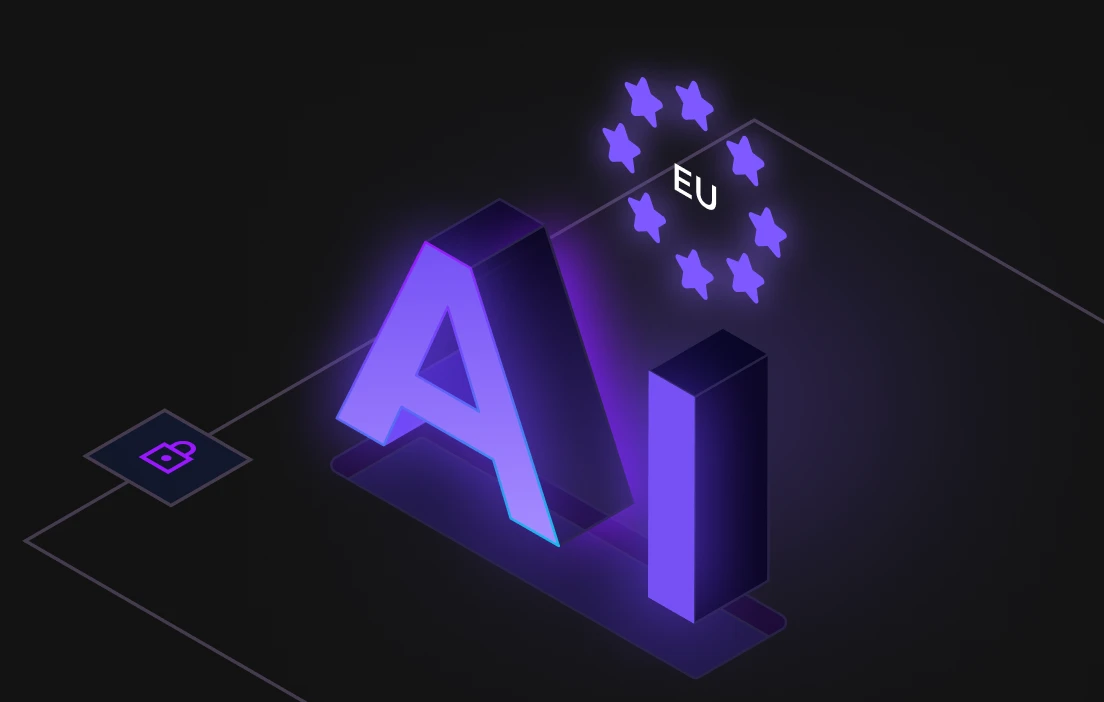Artificial intelligence (AI) is changing industries and how we operate businesses at lightning speed. AI is becoming influential and getting assimilated into our mundane lives quicker than we thought. The way we live, work, plan, and communicate has changed drastically. However, AI development must strictly follow ethical codes. This includes protecting human rights, maintaining public health, and ensuring safety.
Enter the EU AI Act: It lays the foundations for the regulation of AI, a forward-thinking legislative framework designed to set robust, risk-based standards for AI systems in the European Union. Here’s why it matters and what you need to know.
Protecting Fundamental Rights through a Risk-Based Approach
The EU AI Act protects the fundamental rights of users depending on how risky the AI systems are. There are 3 tiers: Unacceptable Risk, High Risk, and Low Risk. Law enforcement bodies can use this classification scale to determine the obligations and compliance requirements for each category.
Unacceptable Risk Systems, such as those that exploit vulnerabilities or deploy deceptive techniques, are outright prohibited from being placed on the EU market. High-risk systems face the most stringent obligations, including technical documentation, extensive risk management processes, and post-market monitoring.
High-Risk Systems: Stringent Oversight
The EU AI Act imposes stringent regulations on AI systems that may affect individuals' lives in significant ways. AI deployed in fields such as healthcare, insurance, banking, finance, or law enforcement is considered high risk, and such AI systems must be precise, secure, and reliable. Organizations using high-risk AI systems must write down their processes, conduct risk testing, and incorporate human monitoring to avoid blunders that may damage individuals' safety or rights.
Low-risk AI, such as spam filters or AI in computer games, does not have additional legal requirements, although it is still subject to general laws. Organizations employing these AI tools must comply with the voluntary guidelines.
For transparency, high-risk AI developers are required to undergo an approval process and register their systems on an EU database. They should also examine how their AI influences fundamental rights, so it won't create problems such as discrimination, unjust decisions, or the misuse of data. The AI Act validates that the EU wants AI to benefit society by verifying AI systems on trust, transparency, safety, and fair functionality.
General-Purpose AI (GPAI) Models
The EU AI Act also acknowledges the sprouting influence of general-purpose AI models that have engines powering multiple downstream applications. While these models typically require technical documentation and a Union copyright policy, those deemed to present “systemic risk” (involving high-impact capabilities) must undergo stricter evaluations.
By setting a clear regulatory framework for GPAI, the EU wants to stimulate innovation without compromising public welfare.
Prohibitions and Enforcement
Certain AI practices are banned under Article 5, reflecting the EU’s strong stand against manipulative or deceptive AI. This includes AI systems exploiting people’s vulnerabilities or those used for social scoring that lead to unjust discrimination.
Real-time remote biometric identification in public spaces for law enforcement is also prohibited. Violations of these rules can result in severe penalties of up to €35 million or 7% of global turnover, whichever is higher.
This stringent enforcement regime sends a powerful signal that irresponsible AI development will not be tolerated.
A Global Benchmark for Ethical AI
While the EU AI Act is mostly directed at organizations putting their systems on the EU market, its impact is likely to be felt globally. As compliance becomes the license badge of responsible AI, developers, and organizations around the world will likely conform to these standards to stay competitive.
Finally, the EU AI Act will develop an AI ecosystem that encourages innovation, stimulates transparency, and upholds human rights.
The EU AI Act is establishing a ground for responsible AI regulation by executing a fine balance between technological advancement and societal welfare. Its influence will reshape AI usage and set a strong precedent for future regulations across the globe.











